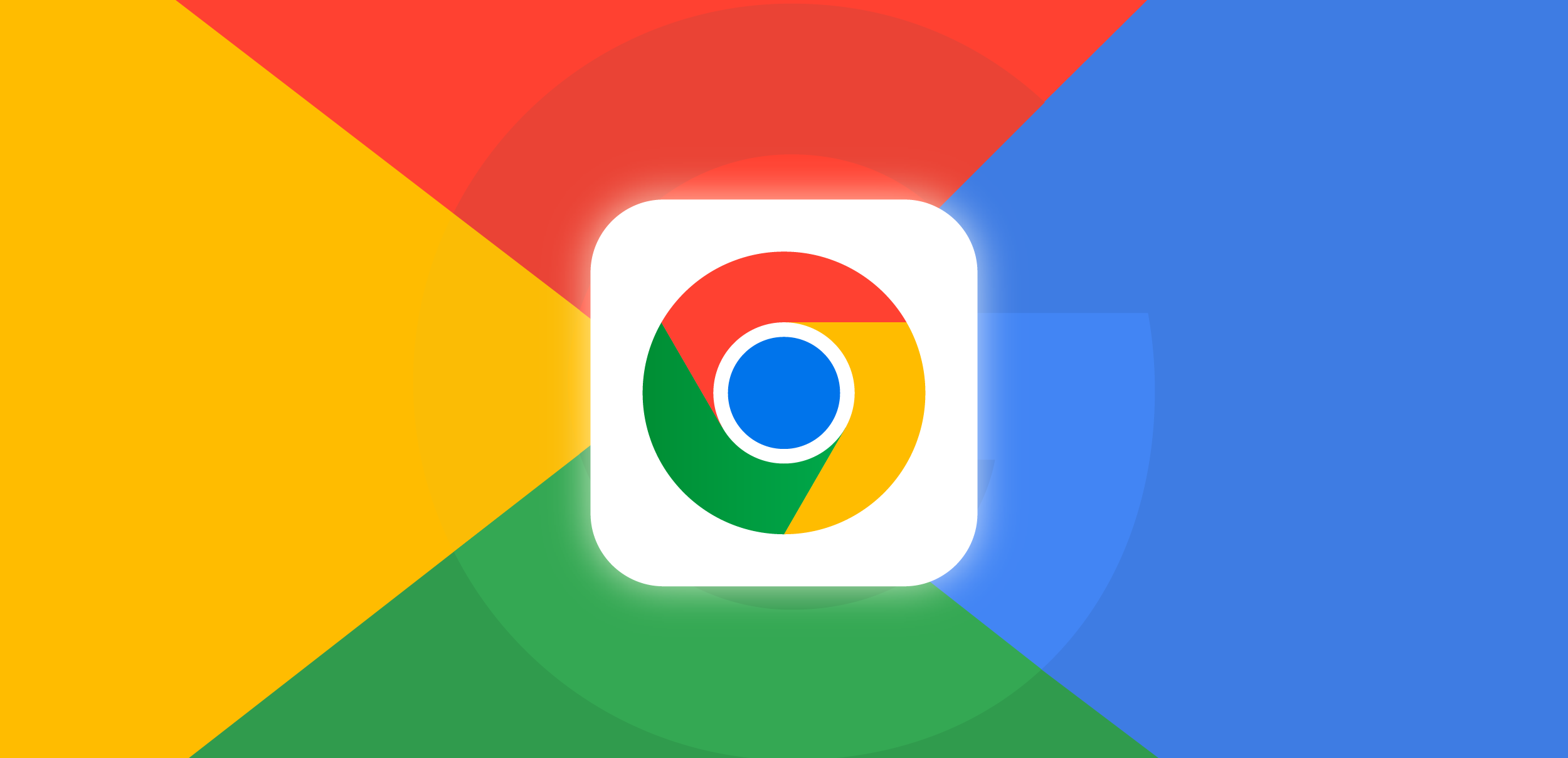Google Selling Chrome Won’t Solve Anything
By Asaf Shamly | January 23, 2025

As Google’s courtroom drama continues to unfold, one possible consequence of their alleged monopoly over online search would see them forced to sell off Chrome. On paper, this sounds like a clean solution to an overwhelming concentration of power. But in reality, Chrome — with its 90% search and 65% browser market share — is just a symptom of a bigger issue: the industry’s reliance on user data as the foundation for digital advertising.
Selling Chrome would shift control from one tech giant to another—perhaps Meta, Microsoft, or Amazon—none of whom would be any less motivated to leverage the browser for data collection. Even if regulators blocked such deals, spinning Chrome into an independent entity wouldn’t prevent the same incentives from driving exploitation of user information. The fundamental problem isn’t Google or Chrome, but the system itself.
A Broken Data Model
The digital advertising ecosystem has long prioritized surveillance-driven targeting over user experience and privacy. This dependence on massive third-party data troves has not only harmed consumer trust but has also concentrated power into the hands of a few dominant platforms. Chrome’s dominance reflects these incentives: a browser is valuable not as a product but as a conduit for behavioral data.
The Industry Needs to Act, Not Wait for Regulators
Rather than waiting for regulators to intervene, the AdTech industry must shift its focus to solutions that balance effectiveness, privacy, and competition. Publishers, advertisers, and tech platforms must collaborate to build systems that share data responsibly across the supply chain, rely on first-party data and AI-driven predictions, while reducing reliance on invasive tracking.
This means:
– Privacy-Preserving Technologies: Advancing tools like contextual targeting, clean rooms, AI-based predictive models, and cohort-based models that protect user privacy while enabling effective advertising.
– Interoperable Standards: Developing open frameworks for identity, data sharing, and AdTech infrastructure that don’t lock the ecosystem into closed platforms.
– User-Centric Design: Prioritizing user experience by offering transparent, consent-driven approaches to data collection.
Moving Beyond Chrome
Forcing Google to sell Chrome would only reshuffle the deck, not fix the game. Without systemic change, another tech giant would simply inherit the same dominance—and the same problems. To create a healthier, fairer digital ecosystem, the industry must look beyond Chrome and rethink how data is shared, managed, and monetized. The solution lies not in breaking up individual products but in breaking away from the broken incentives that got us here. By adopting first-party data strategies, and embracing AI, businesses can focus on privacy-first, data-driven insights while reducing dependence on the broken incentives of the current system.
Latest Articles
-

The Vanishing Web: What Google’s Admission Really Means for Advertisers
For years, Google insisted the open web was thriving. Then, in a legal filing, it admitted the opposite. For advertisers, the real risk isn’t where ads run, but how much of what happens around them can still be seen, understood, and measured.
View Now -

What the RSL Standard Signals About the Future of Visibility in 2026
When Reddit, Yahoo, Medium, and several of the web’s biggest content platforms announced a new Really Simple Licensing (RSL) standard, most coverage focused on the politics: platforms finally demanding compensation from AI companies; a new legal framework for training data; the good old open-web fight. But if you take one step back, something bigger comes into focus. For the first time, publishers are trying to engineer visibility - not for users, but for AI agents. And advertisers should be paying attention.
View Now -

When the Pipes Change, So Do the Rules: What OpenAds and AdCP Signal for Advertisers
Programmatic’s foundations are shifting. As control moves closer to publishers and planning logic becomes more open and inspectable, two developments - OpenAds and AdCP - are redefining how ad decisions are made. Together, they signal a new era where fewer intermediaries, clearer signals, and transparent coordination reshape the rules for advertisers.
View Now
